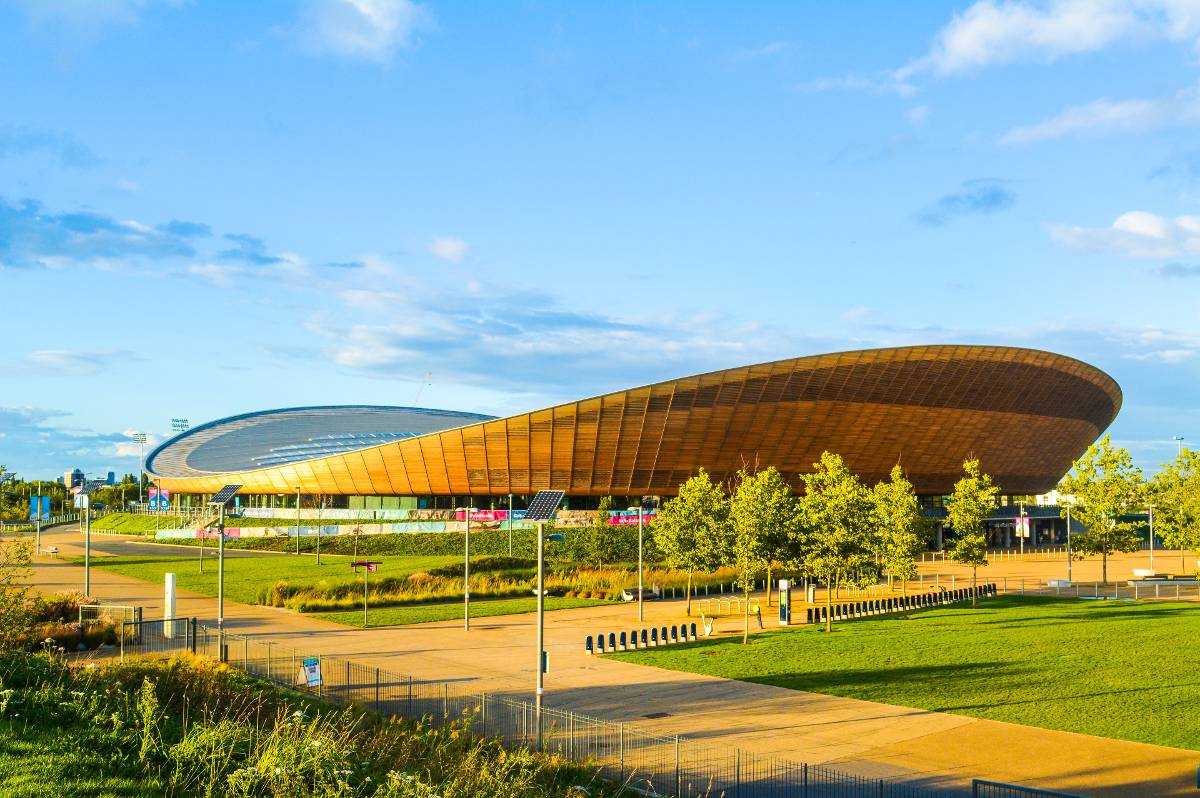What is a sustainable event?
Sustainable events are events which have been planned and carried out with economic and social issues in mind. Popular current social causes include zero-plastic, low emissions and ethical local food vendors. Incorporating these elements when planning your event is the best way to make your event more sustainable.
Little or large, all event planners should make some considerations toward sustainability. Not only is it ethical, but it may go someway to reducing the overall costs of the event. At Insure Our Event we have but together a list of considerations, ideal for both large and small events, assisting organisers in making their event more sustainable:
Make your event more sustainable in 7 steps
Accessible Event Location
Whether it’s a festival, fair or party; location is critical to the event’s success. Rural events will be difficult to get to, and often involve travel by car which is not especially economical. Moreover, events further afield will demand more travel and more expense, therefore a local event would be the best, most economical solution.
We recommend encouraging users to share rides. Coaches could be hired if the event is particularly rural
City centre locations are very popular, with easy access to public transport, depending on your guests. Think about who will be travelling to your event, choose a location close by to avoid significant travel. You could even implement a reward scheme, such as a lower ticket price for those who cycle or walk to your event.
You could always develop a virtual element to your event, allowing those who can’t physically travel to the venue an opportunity to take part. Why not take an otherwise indoor-only event outdoors? Give guests a chance to connect with nature and enjoy outdoor activities. Any worries about the weather can be covered with adverse weather insurance so organises should not worry.

Reduce Water Use
Saving water is a great way to save energy, helping to reduce your event’s carbon footprint. As an event organiser, you can reduce water waste in the following ways:
- Waterless urinals and portable toilets that use recycled water for flushing.
- Sensor taps in bathrooms
- Offer food which doesn’t require much water for preparation
- Use biodegradable containers and utensils to save water used in washing up
- Avoid serving drinks with ice (unless requested)
- Offer waterless hand sanitising stations
- Use eco-friendly products
- Use biodegradable containers and utensils to save water used in washing up
It’s also a good idea to make attendees aware of your water-saving measures and communicate why you’re implementing them. This will help to spread awareness of water wastage.
Reduce Waste
It’s unlikely event guests are going to queue to use a bin, therefore many waste depositories need to located around your venue.
If a recyclable and non-recyclable bin are next to each other, people are more likely to make the right choices rather than using a bin that’s simply most convenient.
Ensure there are enough bins in the areas that matter. Bins by doorways or food and drink facilities are a must have. Limit the food or drink bottles guests can bring to your event to help reduce further waste.
Limit plastic use
According to National Geographic, it is estimated that there’s around 150 million metric tons of plastic in our seas. Event organisers can do their part to reduce the amount of plastic which finds its way into the ocean by reducing the amount of plastic used at their events. Here’s what you can do:
- Encourage attendees to refill their bottles.
- Only offer compostable cups, plates and cutlery.
- Avoid using plastic straws – paper straws have already taken over, however, it would be best not to offer straws unless requested.

Local food vendors
Offering food and beverage from a local vendor is a great way to reduce the environmental impacts of equipment transportation. Food also has its own carbon footprint, so research what food will be served.
Depending on how large, your event could offer local businesses in the area quite an opportunity to sell and markets their goods. Local ales and beers are very popular, as are dessert parlours. Not only will this benefit the local community, but also benefit the success of your event.
Find an eco-friendly venue
Carefully consider where to host your event and what eco-friendly measures are presently in place. Look out for the following when deciding where to hold your event:
- Venues part of a sustainability scheme
- Recycling options
- Eco-friendly toiletries
- Water stations
- Sanitisation stations
Before agreeing to hiring the venue, discuss these measures with the venue operator. Perhaps they could help towards sustainability and make some reasonable adjustments.
Go paperless where possible
Many events are going paperless, not just to improve sustainability, but to improve the overall experience of attendees. At Insure Our Event, we can’t think of an example where an event would exclusively require paper. Tickets have been replaced with e-tickets, wristbands are no longer paper, documents are all online and marketing is mostly digital.
Some steps organisers can take toward going paperless include:
- Arrange e-tickets
- Utilise social media and digital channels as your marketing vehicle
- Investigate using an app, ideal for tickets, advertising and immediate notifications

What events are sustainable?
It can be difficult to know how to make significant change and plan to improve the sustainability of an event. So at Insure Our Event we’ve brought up a few examples of well-known events which are the world’s most eco-friendly.
Burning Man
Notoriously eco-friendly, burning man brings together the world’s artists, revellers, nomads and bohemians to celebrate culture of all kinds. It embodies the spirit of self-expression, togetherness and community.
Every year the temporary infrastructure of Black Rock City is rapidly built and subsequently deconstructed by the organisers, with an emphasis on “Leaving No Trace”, meaning that the community attempts to leave no physical evidence of their activities. Everybody is expected to remove their own junk, trash and waste products, leaving their inhabited areas exactly how they found them. This cannot be said of many other festivals, notably those in Britain, infamous for its swathes of leftover tents, chairs and trash.
Oktoberfest
The world-famous Oktoberfest in Munich is a true pioneer in sustainable large-scale events. events. Recognition of their waste-reduction efforts more than two decades ago came with an Environmental Oscar award in 1997. Oktoberfest has continued to lead the way in green events, which is no mean feat considering the 6.6 million visitors who enjoy more than 8 million litres of Bavarian beer and sausages galore.
London Olympics
The team came up with 5 key themes for the Games: climate change, waste, biodiversity, inclusion and healthy living.
The London Olympics achieved the first zero-waste-to-landfill Olympic Games. They hiring instead of buying equipment wherever possible. Pushed composting and incineration of waste with energy recovery. They organised waste with colour-coded recycling to separate food and compostable packaging and non-recyclable waste streams. And London also has plenty of sustainable transport solutions.


